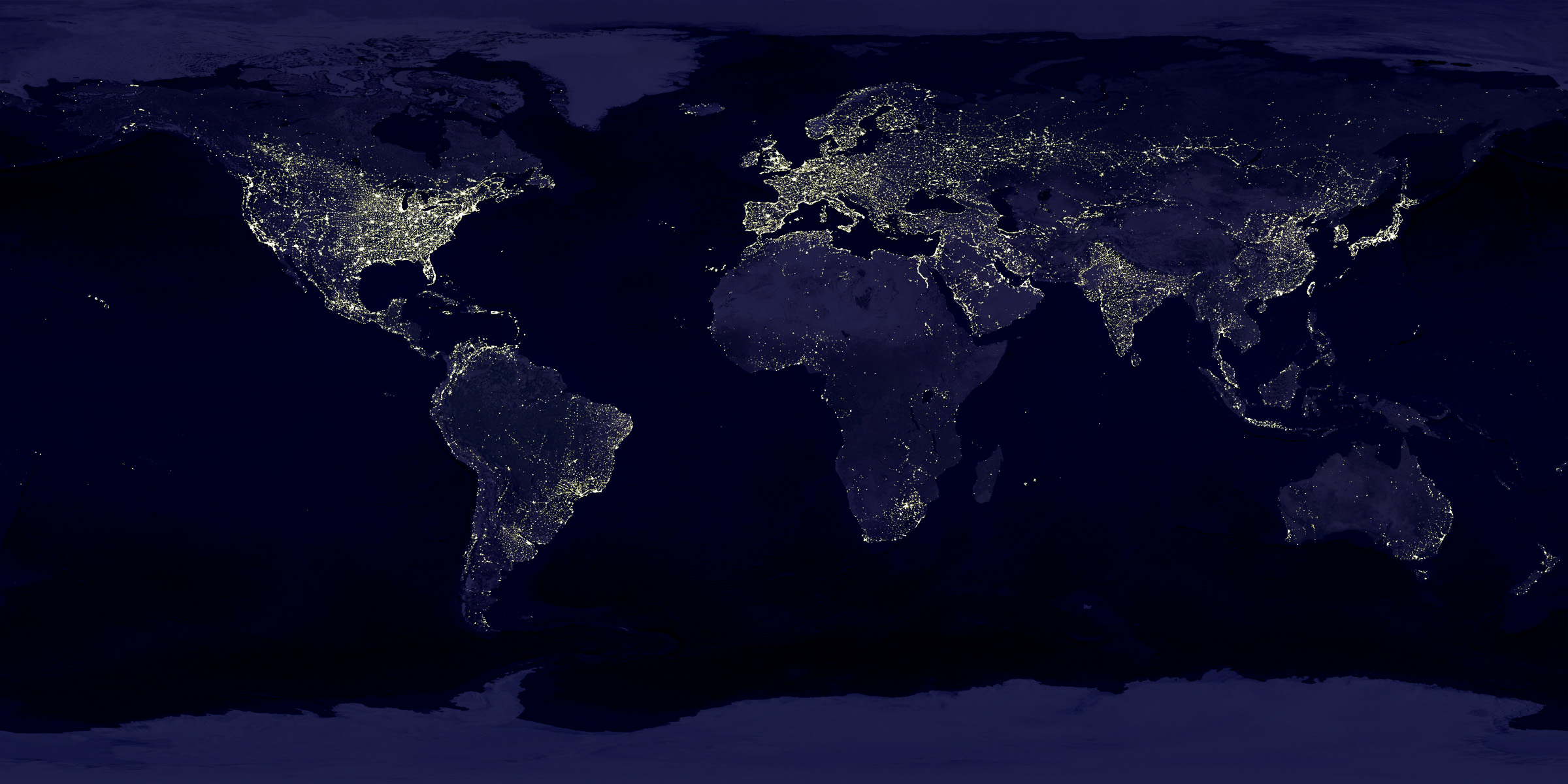Cheap cheats
CARBON OFFSETTING is in vogue. The practice involves giving money to a green charity that takes action, such as planting trees or building solar panels, to stop emissions entering the atmosphere or to remove them from it. In 2018 around $296m was spent buying the equivalent of 98m tonnes of CO2 offsets in the “voluntary” market (ie, outside government-mandated schemes). That is roughly twice the volume and value from the year before, and a seven-year high, according to Forrest Trends, a lobby group.
The boom has been aided by corporate demand. In 2019 EasyJet, Shell and other large emitters announced offset buying schemes. These are usually for firms going carbon-neutral (offset all emissions) or working to a net-zero emissions target (reduce emissions, then offset the rest). From 2021 an industry-wide scheme will mean that airlines start offsetting some of the growth in emissions from flights.
But offsets are oddly cheap. The average price in 2018 was $3 per tonne of CO2. The EU’s cap-and-trade scheme charges about eight times that. EasyJet wangled a below-average price, costing £25m, or 6% of pre-tax profits, to offset all its flights. What explains such low prices?
One answer is that big companies are able to buy in bulk, lowering the price. EasyJet says that, had passengers bought...























